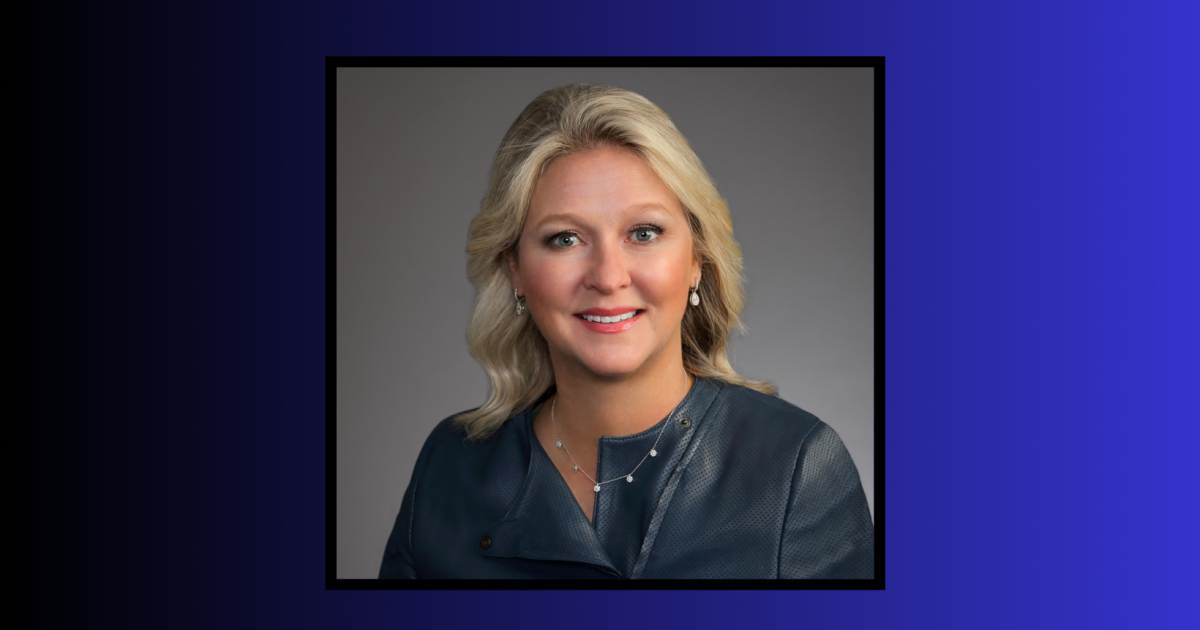- When Seeking Financial Advice, Women Stick Together — Experts Explain Why
- 4 Meetings I Schedule Every January to Build Wealth
- Your Trusted Guide to the Best
- Why money always feels hard — especially around the holidays
- New Year 2025 resolutions: Don’t let THESE health insurance blunders derail your financial planning
Montana professional shares candid look at managing $210,000 household income
A rare glimpse into the financial life of a state government employee reveals the intricate balance of managing substantial household income while navigating daily expenses and long-term financial planning. This detailed account offers valuable insights into modern family finance management, showing how an individual’s financial decisions impact both short-term needs and long-term goals.
Bạn đang xem: A specialist’s challenge balancing career and finances
Professional profile and income structure
The financial situation of this Montana-based professional demonstrates a sophisticated approach to income diversification.
Primary government position: The specialist earns $81,000 from a government position, providing a stable and secure source of income.
Spouse’s combined income: The partner’s income is a significant contributor to the household budget, ranging between $130,000 and $170,000, depending on the year. This income provides a solid foundation for the family’s lifestyle and financial goals.
Rental property revenue: Another key piece of their financial puzzle is income from rental properties, which generates about $12,000 annually. This additional stream of income helps offset living costs and contributes to savings.
Total household income: Combined, the family’s household income exceeds $210,000, which offers them a comfortable living but also requires careful management to balance all their financial responsibilities and goals.
Asset management strategy
A key aspect of their financial success is their strategic approach to managing and growing their assets.
Strategic retirement investments: Retirement savings are given top priority in their planning. Through contributions to multiple retirement accounts, they ensure they are on track to retire comfortably. The professional invests in employer-sponsored retirement plans and individual retirement accounts (IRAs), which are both tax-advantaged and geared toward long-term growth.
Real estate holdings: Owning and managing rental properties has provided this family with a steady additional income. Their real estate investments not only create cash flow but are also seen as long-term assets that will appreciate in value over time.
Emergency savings: A portion of the household income is directed into emergency savings, offering a buffer in case of unexpected expenses. This financial cushion provides peace of mind, knowing that the family can handle life’s unpredictabilities without jeopardizing their other financial goals.
Xem thêm : 6 Signs Your Spending Habits Is Setting You Up for Financial Ruin
Business investment: Additionally, they invest in business ventures that align with their skills and passions. While these ventures may not offer immediate high returns, they serve as a way to diversify their portfolio and prepare for future opportunities.
Daily financial navigation
Managing finances day-to-day requires a careful balance of both spending and saving. This professional’s week of financial decisions reflects a mindful approach to consumption.
Essential household purchases: Each week, a portion of the budget is allocated to essential household items such as utilities, insurance premiums, and home maintenance. These predictable expenses are prioritized to ensure the household remains financially stable.
Healthcare investments: Healthcare is another important area where significant financial attention is given. Between medical insurance premiums, out-of-pocket costs, and potential long-term health needs, the family makes sure that they are well-covered.
Family entertainment: Balancing financial priorities with family enjoyment is another key part of their weekly spending. Whether it’s a trip to the movies or a local family outing, a portion of the budget is set aside for fun and relaxation. This investment ensures the family enjoys a quality of life while staying within their means.
Grocery management: The family carefully manages their grocery shopping. Meal planning, shopping lists, and sticking to a budget are vital to ensuring food costs are controlled. They also focus on healthy and sustainable options, balancing cost with nutritional value.
Holiday preparation: Planning for holidays and special events is another aspect of their financial strategy. By setting aside funds early for Christmas, birthdays, and other special occasions, they avoid last-minute spending that could throw off their budget.
Financial philosophy
This specialist’s approach to money management is deeply influenced by childhood lessons, life experiences, and a commitment to family-focused financial goals.
Childhood financial education influence: Growing up, the professional was taught the importance of budgeting, saving, and planning. This early education has shaped their adult financial practices and led them to develop a sound understanding of how money works.
Balance between frugality and quality of life: While they are mindful of their spending, the family believes in striking a balance between frugality and enjoying life’s pleasures. They avoid unnecessary luxuries but are willing to spend on things that enhance their well-being and happiness, like family vacations or home improvements.
Strategic long-term planning: A key principle in their financial philosophy is long-term thinking. They are not just focused on immediate needs but plan for future goals such as retirement, education costs, and other major life expenses.
Xem thêm : CAPTRUST Buys Campbell Wealth And TruNorth, Adding $1.97 Billion In Assets
Family-focused spending priorities: Family is at the heart of their financial decisions. They prioritize their children’s education, well-being, and future financial security, ensuring that family needs are always met first.
Investment portfolio
This professional’s portfolio is a reflection of their diversified approach to financial growth and risk management.
Multiple retirement accounts: The professional takes advantage of various retirement accounts to maximize tax advantages and investment growth. They focus on both employer-sponsored 401(k)s and individual IRAs, contributing regularly to build a stable future.
Real estate investments: Rental properties continue to be a significant portion of their portfolio, providing both income and long-term appreciation. This diversification not only spreads risk but also builds wealth over time.
Business ownership: Another area of investment is in small business ventures. These provide opportunities for further income growth and diversification beyond traditional assets.
Emergency fund maintenance: A well-funded emergency fund remains an essential part of their financial strategy. It serves as a safeguard against life’s surprises, offering them peace of mind in case of unforeseen expenses.
Future planning
As this family looks to the future, they continue to consider how to maintain financial security while pursuing growth opportunities.
Long-term debt management: Although the family does carry some debt, they are proactive in managing and paying it down. They focus on reducing high-interest debt and creating a clear strategy for becoming debt-free over time.
Retirement preparation: Planning for retirement is a continuous process, and this family is committed to contributing regularly to their retirement funds. They aim to retire comfortably at a reasonable age, without sacrificing their current lifestyle.
Children’s future needs: As parents, a significant portion of their long-term planning revolves around their children’s future. This includes saving for education and providing financial resources that will help them succeed in life.
Business growth potential: Their businesses are also part of future planning. They aim to scale their ventures, increasing their income potential and long-term stability.
Through their financial journey, this Montana family showcases how careful planning, diversified income, and mindful spending can result in long-term financial stability while balancing career ambitions and family responsibilities.
Nguồn: https://horizontalline.icu
Danh mục: News







